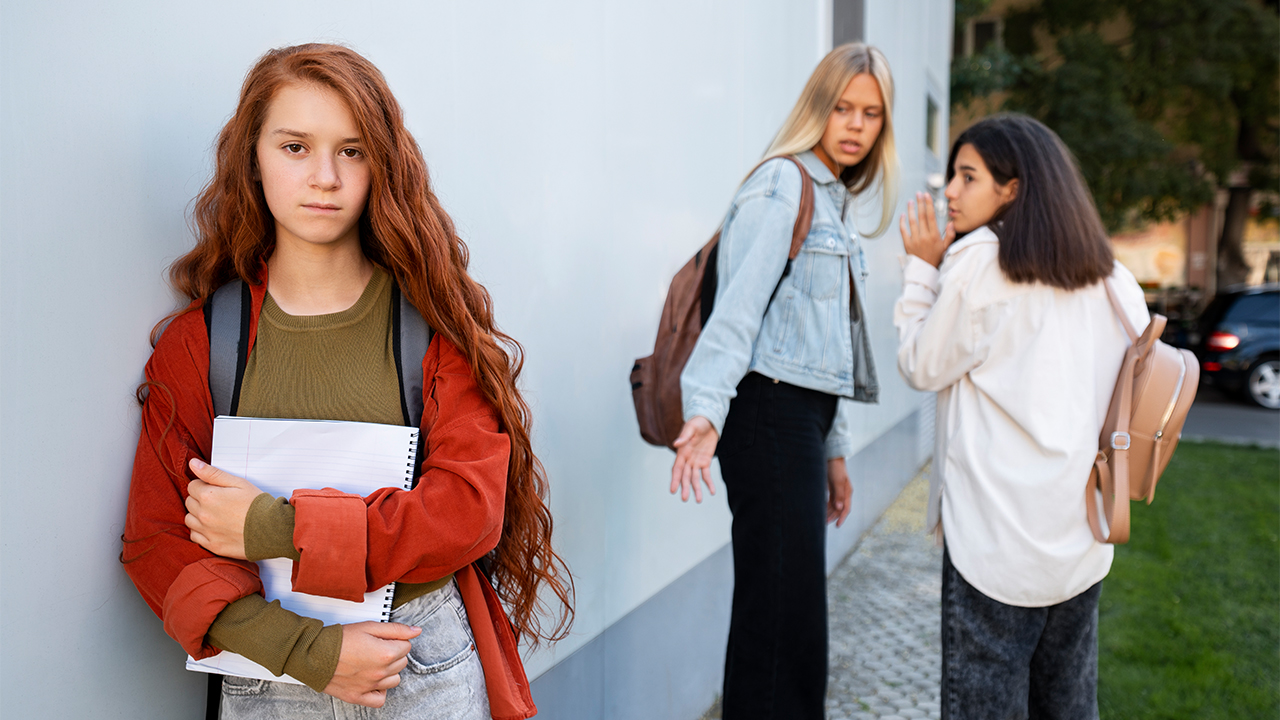This termmany children are expected to arrive to school with unclean clothes, unbrushed teeth and unwashed hair, was told by teachers who have observed a rise in hygiene poverty.
Last year, 72% of school staff think that there was a rise in hygiene poverty in their school. According to a poll of 500 school staff, and 71% expect the level to increase further this month, since it’s the start of the school year.
The director of policy at the Association of School and College Leaders (ASCL) Julie McCulloch said, hygiene poverty is connected to a high level of deprivation as families struggle with the cost of things like energy bills, washing machines and clothes. Many schools regularly help out by discreetly washing clothes and providing items of uniform.
The government must do more to tackle this problem since the level of child poverty in UK is utterly unacceptable.
The poll, carried out for the charity the Hygiene Bank and the cleaning brand Smol, defines people as being hygiene poverty when they are caught between being able buy food, heat their homes or pay their bills.
Some of the school staff said, at home they have personally washed uniforms and PE Kits for children and given laundry detergent for families in need.
According to the survey which was conducted by the market research platform confirms that 72% of school staff said students who are affected by hygiene poverty were experiencing low self-esteem. 53% said these students were left out by others in class and 50% said they had seen a negative impact on mental health. 26% had seen absenteeism as a result of hygiene poverty.
One respondent said, that students are often left with no desk partner in class which makes it difficult for staff members to deal with this situation. Students are often faced with working alone. Other students make bad comments in front of the class to single them out.
Another respondent said, they had a feeling of powerlessness, which they were unable to do more.
Smol in collaboration with Hygiene Bank, hopes to raise £25,000 to expands its Suds in Schools initiative, which provides mini- launderettes, to 25 additional schools, so that more families are provided with clean clothes.
Bridget Phillipson, the shadow education secretary said, that this would include limiting to three, the number of items of costly school-branded uniform, such as skirts, trousers, polo shirts, blouses, jumpers and PE Kit which parents are forced to purchase.
The party’s research says, that the cost of school uniforms has increased by 30% within the last three years, more than the 13% increase in the overall cost of clothing.








